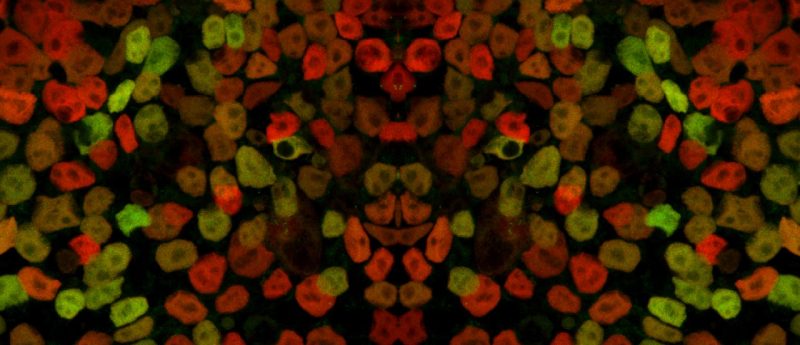Why use Standardized Kits when Differentiating Pluripotent Stem Cells?

Differentiation kits are designed to be a flexible, accessible, and consistent solution for pluripotent stem cell differentiation. Read more about the benefits in this post.
Induced pluripotent stem (iPS) cell-derived cardiomyocytes, hepatocytes, neurons, and more are being utilized for research on personalized medicine, drug discovery, and toxicity screening. A number of methods are currently employed by scientists to supply the volume of iPS-derived terminally-differentiated cells needed for their experiments. These include home-brew differentiation protocols, the direct purchase of differentiated iPS cells, and stem cell differentiation kits. Home-brew protocols can be robust and offer flexibility to the researcher, but they often lack standardization, which can be problematic when translating or interpreting results from lab-to-lab. Commercially-available iPS-derived cells are another option but, because suppliers often have not generated cells using multiple human iPS cell clones, there is limited flexibility to address intra- and inter-cell line variability of the compounds or treatment of interest.
Differentiation kits are designed to be a flexible, accessible, and consistent solution for pluripotent stem cell differentiation. Read more about the benefits of standardized differentiation kits here:
Why Use Standardized Kits When Differentiating Pluripotent Stem Cells
R&D Systems offers StemXVivo® Kits for the differentiation of pluripotent stem cells. Click here for full list of StemXVivo® Differentiation Kits.
The selection includes: Ectoderm, Mesoderm, Endoderm, Cardiomyocytes, Hepatocytes, Dopaminergic Neurons, and Oligodendrocytes.